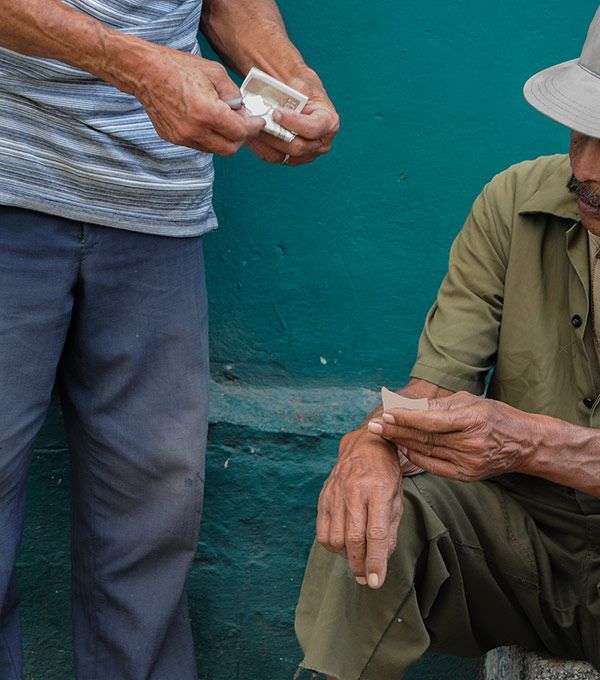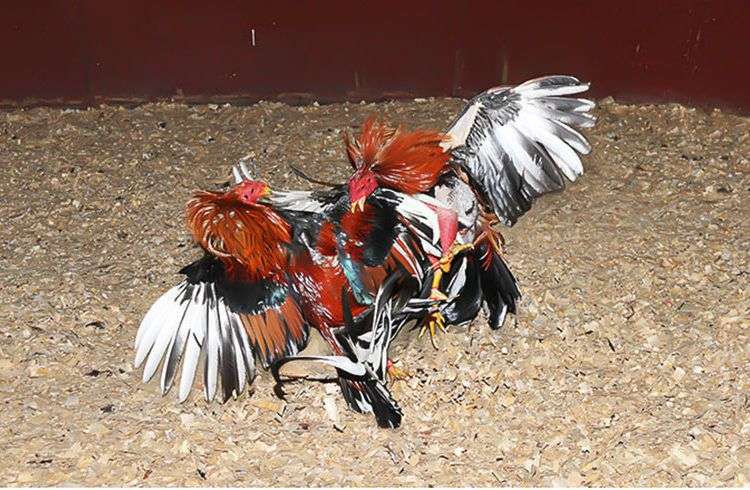On January 1, 1959, the Cubans took to the streets to celebrate the fall of dictator Fulgencio Batista. Interestingly, their anger was focused on parking meters and casinos, many of which were destroyed by the people.
Paying for parking was identified as a form of theft from dictatorship and casinos as the largest center of corruption in the nation. And they weren’t far from the truth; most were controlled by the Mafia from the United States.
And they would spread from Havana to Varadero if they bearded men from the Sierra Maestra hadn’t arrived. Apparently the mobster Meyer Lanski plan was to turn Cuba into a center of international game even bigger than Las Vegas.
However, the rebels led by Fidel Castro came ready to end it. And Cubans always fall short or pass, prohibited all games of chance for money, even outlawed the National Lottery.
Not even in the 1990s, in the midst of the worst economic crisis of revolutionary history, it was allowed to open casinos in the cays for the enjoyment of foreign tourists who, at the time, were the only ones who could access them.
But the virus of gambling had already got so deep that even today many Cubans fall into the trick of “caps”, in which a bead on one of three rum bottle caps are shuffled at high speed and the players bets under which one it is.

The national inventiveness has no limits, currently the most popular game of all is the “ball”, where you bet on numbers that come in sweepstakes lotteries in other countries, followed by radio or clandestine satellite TV antennas.
In the countryside the most widespread is the cockfight, which is legal despite the cruelty it embodies. There are some pits belonging to the State in which you are allowed to fight but no betting is allowed but in many clandestine pits tens of thousands of dollars are at stake.
Also in the countryside there are horse and “spiders,” races, the latter a two-wheeled cart pulled by a horse. For the latter they use the streets and roads near the villages and at the entrance of which the goal usually is.
The most dangerous are dog fights and the most clandestine are car racing. The first because there is a lot of violence between the betters and the second a number of drivers are well known “children of papa”.
Almost in all sports there is betting, from the World Cup to the series of national and foreign baseball. The “bankers” are those who run the procedure but have employees who act as intermediaries.
People tell that at some point the bets for national series handled much money they were able to buy some players to rig games. There is even talk of sanctioned athletes.
The battle of the Cuban government against gambling has limited it but is far from having been eliminated. In neighborhoods all know who the “boliteros” are and nobody complains. In some villages the police themselves bet.
Undoubtedly, it is easier to issue a decree than to change a habit. The betting virus was already in the veins of many Cubans and contagion moved from generation to generation, without laws to prevent it.











A person that does not know Cuba might gather from this article that it is a place of gambling or that it is characterized by gambling, which is very far from the truth. Betting on games, numbers or the gender of a newborn does exist and it is inevitable, but it is a society where gambling is not promoted or recognized, nor i is gambling considered a legitimate mean to create wealth or finance government or social programs, let alone business. That clarification is missing from the writing.
Que asco de articulo!!! y la foto aun peor. Este hombre deberia escribir para los medios anti-cubanos.
Quien lee esto se pensara que los cubanos son idiotas. Verguenza de nota. Cero para el periodista y triple cero para los editores.